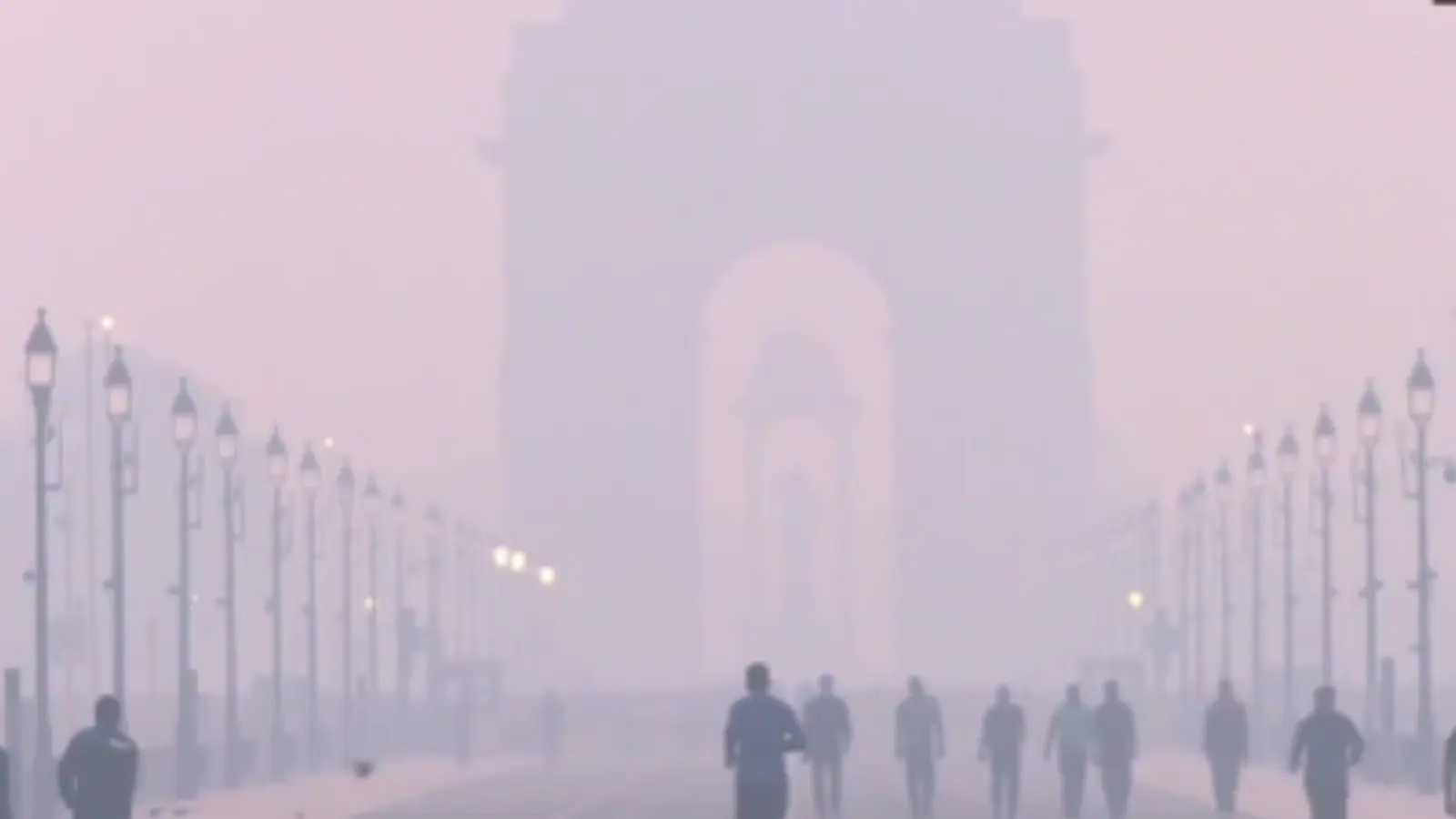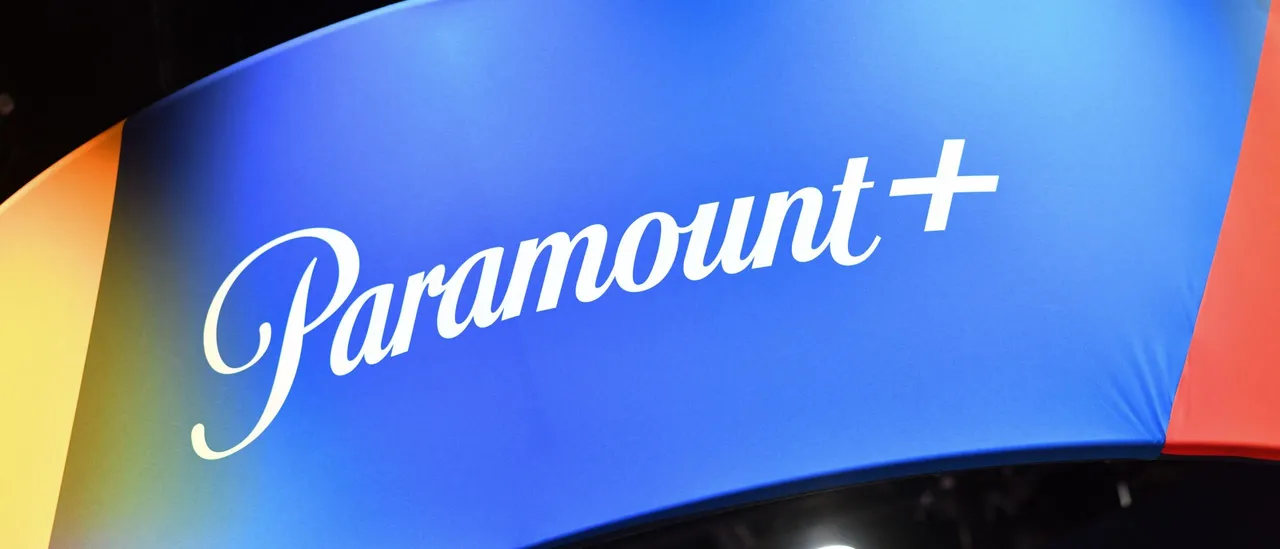Copyright news18

Anupama Bhardwaj, a businesswoman based in Kenya, came to Delhi to visit her parents during Diwali—a trip that has now turned into an unplanned extended stay. “I had childhood asthma, but for many years it did not appear. I have been married and based in Kenya for three decades now. This year, I made the mistake of visiting my parents at this time of year. We planned a trip to Jaipur but cancelled, as many of my family members, including myself, have fallen sick. I am taking antibiotics and steroids, and still I’m not completely fit to fly back,” she says. Bhardwaj’s case reflects a growing concern among hospitals across Delhi-NCR, which are seeing a surge in patients complaining of breathing issues. According to Dr Manoj Goel, principal director and unit head, pulmonology and sleep medicine, Fortis, Gurugram, “Footfall in our respiratory OPD is up by 25 to 30 per cent post-Diwali. Cough is the main symptom, followed by others. While we are seeing a huge rush of patients with asthma, COPD, and other respiratory illnesses in their medical histories, many others are visiting with respiratory symptoms for the first time. In fact, out of every 10 patients visiting, around 2 need hospitalisation or an ICU stay.” Another patient in Goel’s OPD, Preeti Rana, was struggling to speak due to a persistent cough. The Gurugram-based software engineer told News18, “Despite consuming antibiotics for over two weeks, my cough and throat pain are not resolving. This is my second visit to the hospital, as I am worried about my health and the continuous consumption of medicines.” Rana had no history of respiratory illness before this episode. Several children were part of the ongoing OPD. The common complaint of parents was unresolving nocturnal cough—the coughing episode that triggers during the night and doesn’t resolve even after consuming cough syrup and other medicines for relief. “Parents are worried about the incessant cough bouts. Children and the elderly are vulnerable. We are advising them to stay indoors till air quality improves,” Goel said. ‘A Full-Blown Public Health Emergency’ Experts say the worsening air quality has turned into a citywide health emergency, affecting not just those with chronic respiratory disease but also healthy individuals. Dr Pritpal Kaur, senior consultant, pulmonology, Apollo Spectra Hospital, Delhi, calls it “a serious public health emergency”. “We are witnessing a surge in respiratory illnesses, especially among children, the elderly, and those with pre-existing lung or heart diseases,” she says. “Prolonged exposure to high levels of particulate matter (PM2.5 and PM10) leads to inflammation of the airways, reduced lung function, and aggravation of asthma and COPD. Even healthy individuals are now experiencing chronic cough, throat irritation, and breathlessness.” She warns that the damage may be long-term. “Continuous exposure can cause long-term damage, including increased risk of lung cancer and cardiovascular diseases. It’s crucial that people limit outdoor activity during peak pollution hours, use N95 masks, and maintain indoor air purifiers where possible,” she adds. Doctors Warn of Wider Health Risks Pulmonologists outside Delhi are also seeing a worrying rise in cases, underscoring how the smog’s effects are spreading across northern India. “Air pollution has become the biggest silent threat to our health today,” says Dr Aamir Nadeem, senior consultant, pulmonology and sleep medicine, Regency Hospital, Gorakhpur. “Contaminants like fine dust particles (PM2.5 and PM10), nitrogen oxide, and carbon monoxide present in polluted air not only increase respiratory diseases but also have serious impacts on the heart, brain, and growth of children,” he explains. “Prolonged exposure to polluted air multiplies the risk of diseases like asthma, chronic bronchitis, lung cancer, and heart attack. This situation is even more dangerous for children and the elderly, as their immune systems are weakened.” He adds that pollution prevention must be a shared responsibility. “Prevention from pollution is not only the responsibility of the government but of every individual. If we take small precautions at our level, then we and our future generations will be able to breathe healthy air.” Awareness and Precaution Helping Families Act Early While emergency visits have spiked, some doctors believe rising awareness among residents has helped prevent a worse situation. “Yes, the air quality is terrible right now; you can see it, smell it, and even taste it some days, but what’s interesting is how much Delhi has learnt to live with it,” said Dr Maninder Singh Dhaliwal, paediatric pulmonologist, Amrita Hospitals, Faridabad. “Parents today are far more aware; they understand pollution patterns, use air purifiers, apply masks, limit outdoor play, and follow their child’s preventive medicines faithfully,” he says. “The constant media focus on air and health has actually helped; it’s made people realise this isn’t just about the cough and cold but long-term lung health. So, while ER visits have increased, OPDs haven’t surged very high, mainly because families are acting early and wisely.” Dhaliwal says the shift in mindset is now visible even among visiting families. “I can’t speak about others or the NRIs, but my own family avoids coming to Delhi in the winter now; it’s simply illogical to travel to a visibly air-polluted city. People have become smarter about their travel plans.” A Crisis Beyond Seasons As Delhi remains cloaked in smog, experts agree the crisis is no longer seasonal but structural—demanding urgent government intervention and personal responsibility. “At a larger level, we need stricter emission controls, green initiatives, and collective efforts to make Delhi’s air breathable again for our health today and for future generations,” Kaur said. For now, hospitals continue to report a heavy inflow of coughing, breathless patients—a grim reminder that for Delhi’s residents and visitors alike, simply breathing has become a daily health risk.



